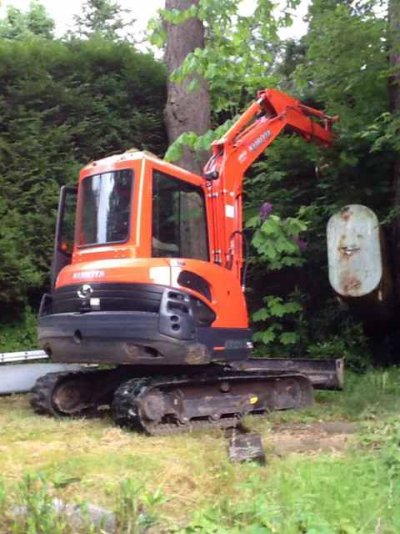Gentlemen (Kulas& Steve&Tina), thank you for chiming in with your experience on this. I felt like I was kind of hanging out there without much more then being able to say it happened and that the weld held for as long as I owned the boat.
And RT & Marlin, I don't blame you for doubting this. When the yard called me and told me that it could be done safely, I told them "If you say so, I'm just glad I am a 1000 miles away." Believe me, with the millions of dollars investment in their Big Time marina and repair facility in the middle of a population center in Maryland, they were not going to let some half drunk homer light a torch to "see if it works".
Before the welder did his magic, we had determined that the cheapest and easiest way to change that tank was to take it out of the side. This was a yard that stated they could cut the hull, repair it to stronger specs than new, and have the job done in 1/3 the time of removing the engine, cutting the old tank and producing and installing a new tank.
Like I have said before, when you have a repair present itself on one of the older Taiwanese boats, you start digging for the big boat units to pay for it. This was one of the more pleasant surprises I ever had in boating.

